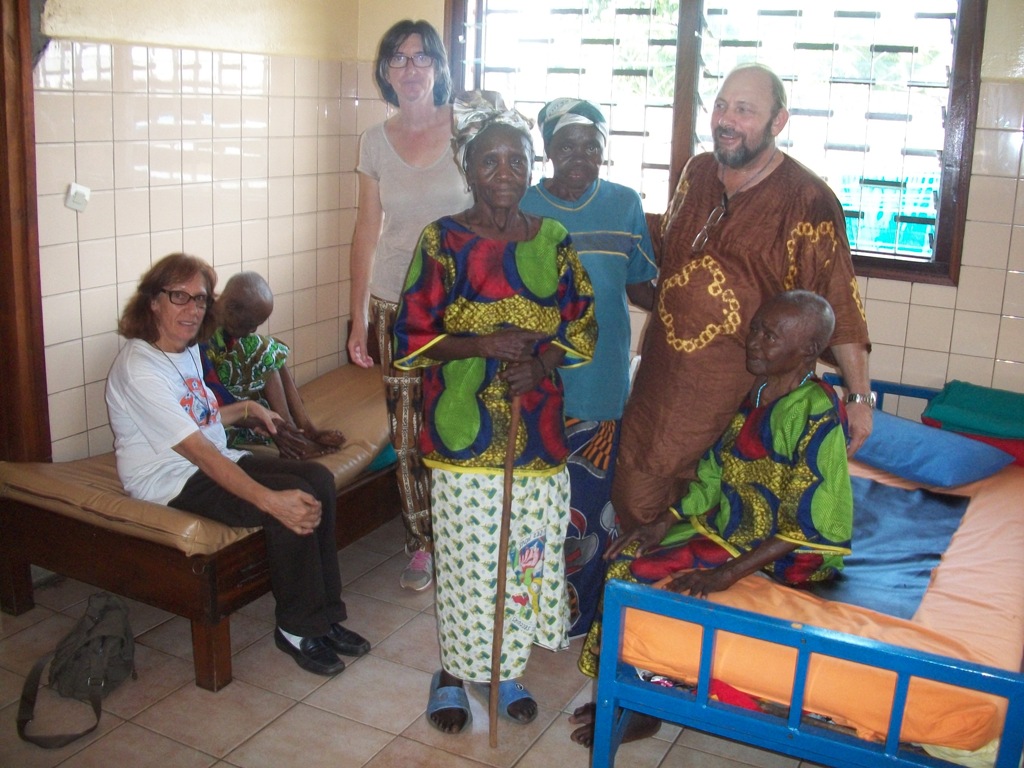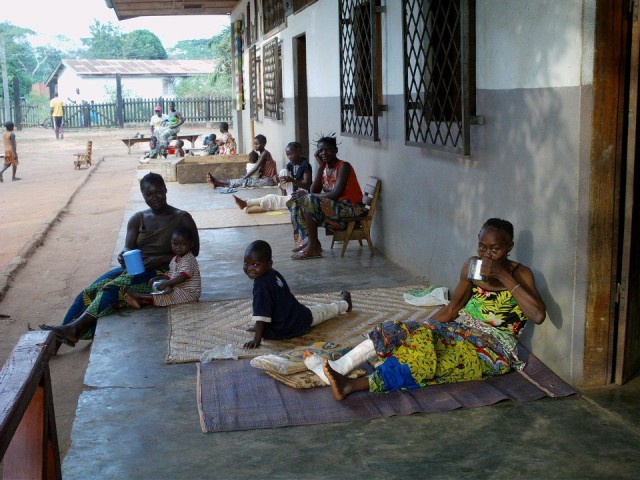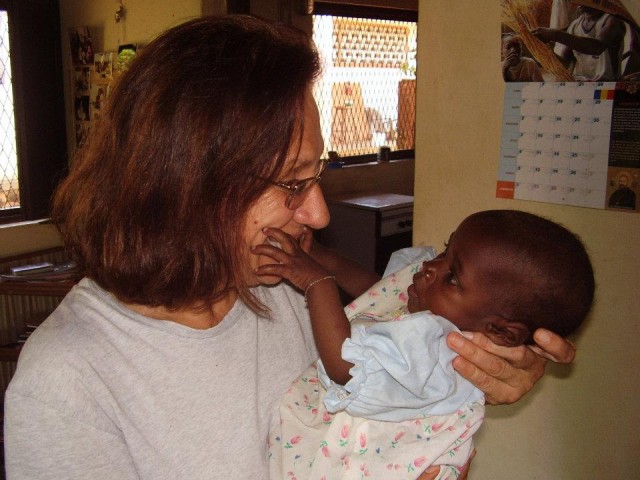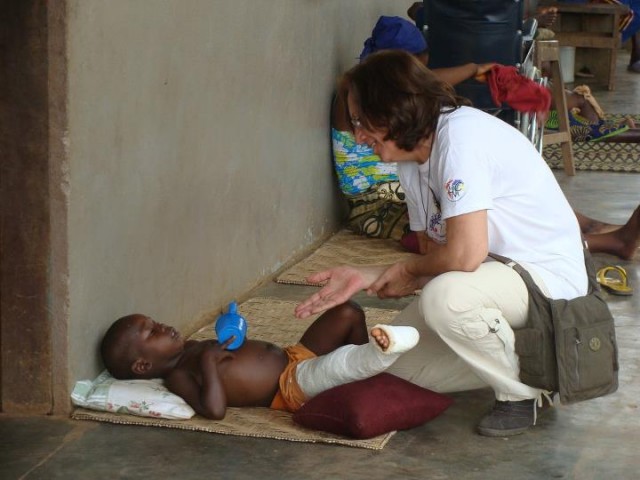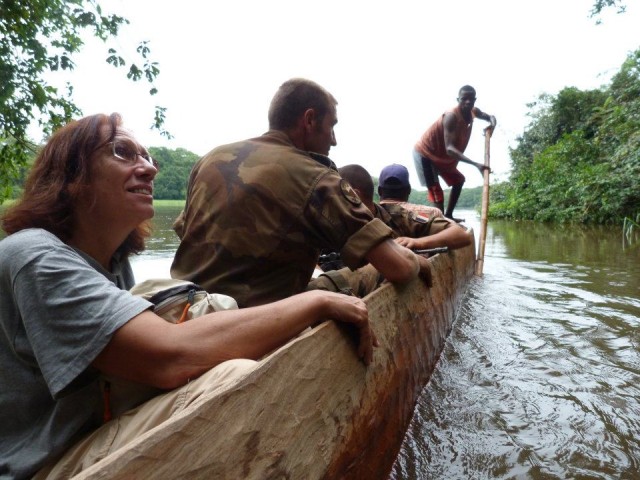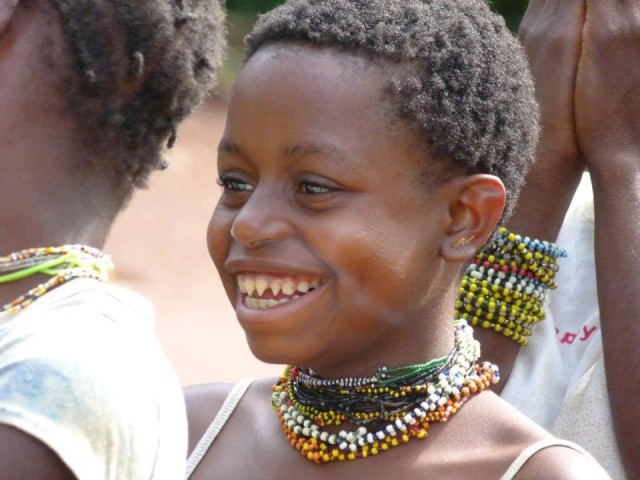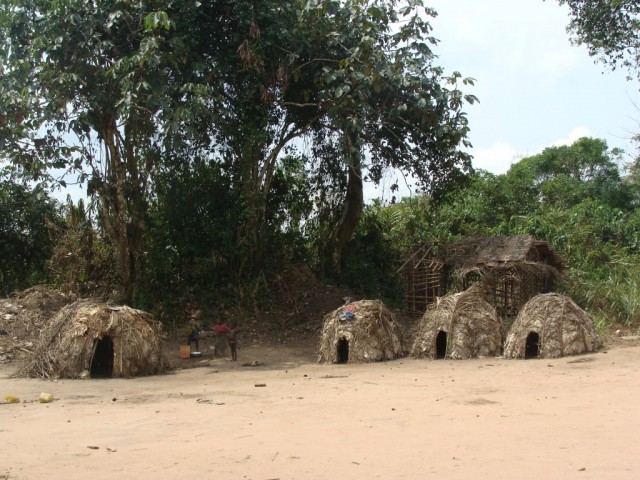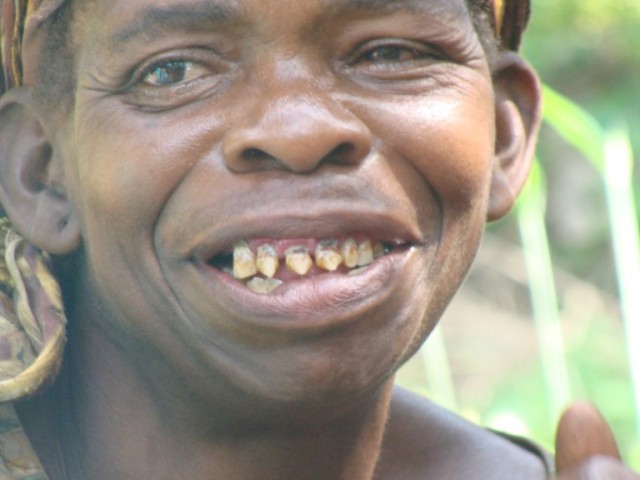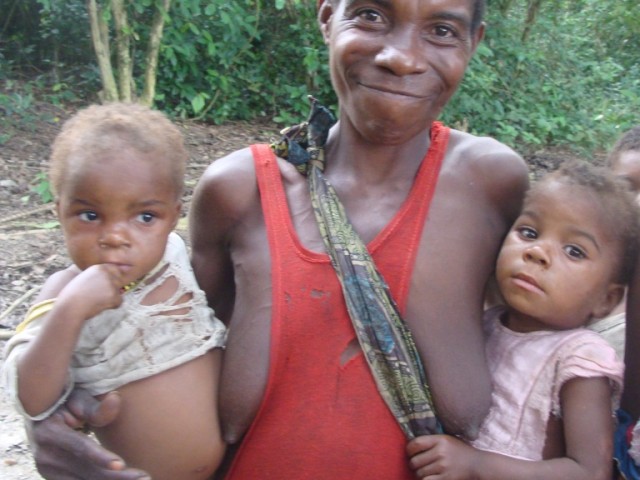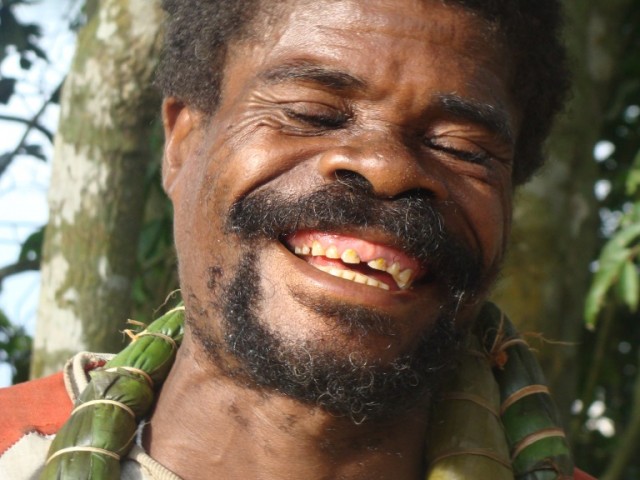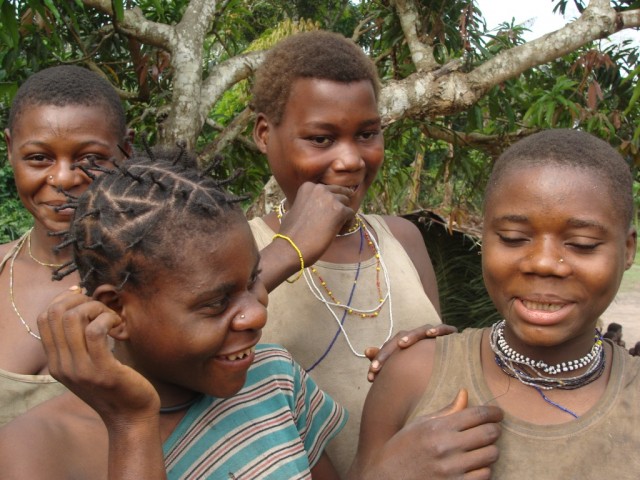Peace and good!
We are writing to communicate you a bit of how we are and live the present moment, after the attempted military coup of December 5, our fears, our anxieties,…
When darkness falls in Mongoumba the silence takes the night, we don´t hear anymore the songs and laughter of children who play. We don´t hear the conversations of the neighbors, the drums that enliven the night … just the sounds of nature, the crickets and some nocturnal birds. It is a silence that anguishes because we know that people leave their homes to take refuge in the jungle. They leave because they are afraid. They have fear of Military Seleka and fear of the Anti-Balaka, the new opposition group to the transitional government. Fear of the night, of what may happen.
It is a difficult moment, a difficult time for the country, but in Mongoumba we are in a different situation, we can say that we live in a small paradise. A little paradise where the difficulties are not lacking, where we try to give continuity to our daily activities, the different projects: health, education and pastoral. At the same time we try to live next to the people sharing with them the difficulties of every day. We talked about a little paradise because the situation of the town with its natural boundaries (the river), allow us to continue to a nearly normal life, nearly normal, but we cannot ignore the situation of war, destruction and death that lives the rest of the country.
We hear of the events that occurred, particularly in Bangui, and other locations in trouble, but in Bangui is where the fighting is most intense and where the number of deaths is higher. We hear the news and hear people who have relatives in the capital, what happens in the neighborhoods, the dead bodies in the houses and streets where no one comes to pick them up. The accesses are difficult and people are afraid to go for help.
The news coming from abroad speak of religious war, but we do not feel that way, for us it is a political way to put against one another and where some people take advantage for revenge and personal vendettas. Both Seleka as Anti-Balaka are destroying a village to catch a power that they are not able to control.
The Anti-balaka calls themselves Christians like the Seleka sais they are Muslims, but not all Muslims identify with the Seleka and not all Christians with the Anti-balaka. Which religion would identify itself with groups that spread death and disorder? It is a political problem that false religious believers try to turn it into a religious problem. From the beginning of the conflict the leaders of the major religions of the country work together in an appeal for peace. Almost throughout the whole country have been organized inter-religious committees for the same purpose, including Mongoumba where there is also a risk that people start to look each other with suspicion and can reach confrontations with devastating consequences for the entire town.
Some of our fears are: The number of weapons in circulation. The French military has begun the disarmament, but how many weapons are gone and how many from unknown hands have past for unknown destinations?
Until now, we have lived as spectators in a war that is ours, but the outcomes have not yet touched us…
Kisses to all and keep up with us
Elia and Tere





